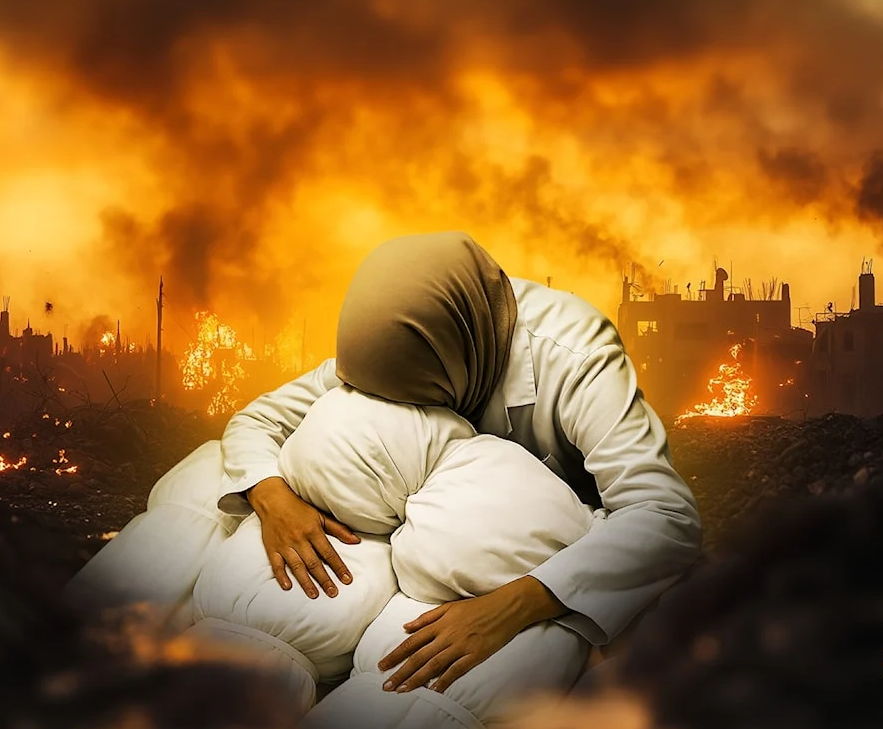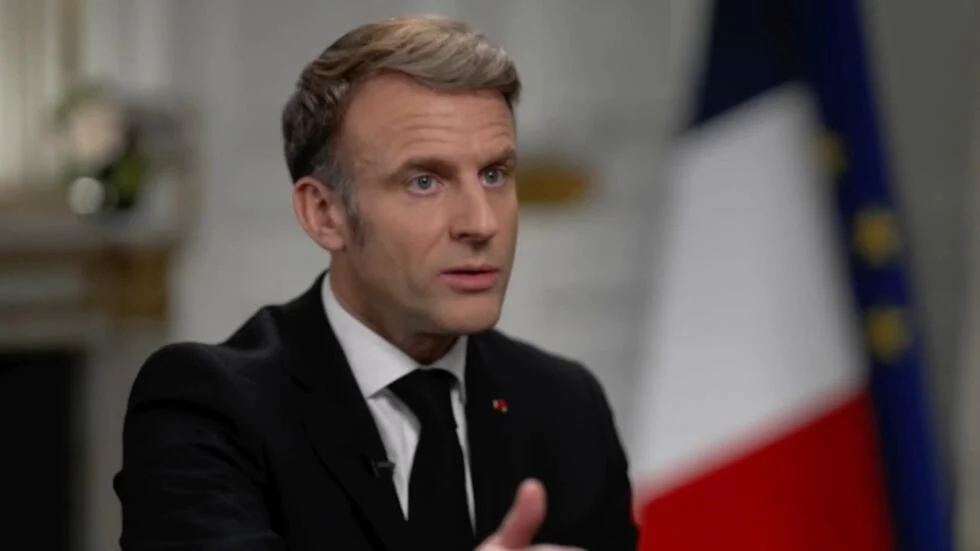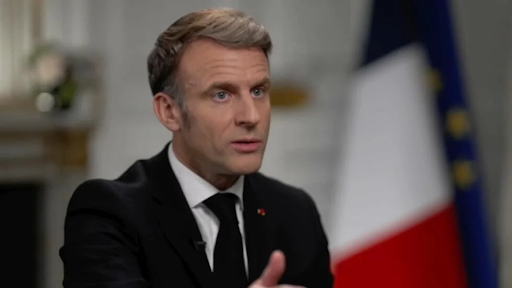
Hasty Peace Summit in Egypt
Diplomatic Showmanship, War Crimes, and the Unresolved Reckoning
In a hastily convened summit in Sharm El-Sheikh, Egypt, world leaders gathered under the banner of peace, hoping to forge a ceasefire agreement that might end the devastating war in Gaza. But beneath the polished veneer of diplomacy, the gathering exposed deep fractures within the international order, and the growing demand for accountability—both legal and political—for the war crimes committed over the past year.This unexpected summit, held amid growing international outrage over the Gaza conflict, saw major power players—including Turkey, Iraq, Egypt, and the United States—jockey for position, not just to broker a truce, but to shape the post-war reality in the region. Yet, one of the most dramatic developments occurred before the summit even began: Israeli Prime Minister Benjamin Netanyahu was barred from attending, following coordinated diplomatic pressure from Turkey and Iraq.
Netanyahu Blocked Amid Diplomatic Pushback
According to multiple diplomatic sources cited by Agence France-Presse, Turkish President Recep Tayyip Erdoğan led efforts to block Netanyahu’s attendance, supported by Iraqi Prime Minister Mohammed Shia' Al-Sudani. Erdoğan's plane reportedly circled over the Red Sea awaiting confirmation that Netanyahu would not be present, underscoring the intensity of regional resistance to legitimizing the Israeli leader’s role in any peace process.
The Iraqi delegation went as far as threatening to boycott the summit entirely if Netanyahu were allowed to attend. Cairo, under pressure, ultimately rescinded the invitation. Netanyahu later claimed that his absence was due to Jewish holidays—a statement seen widely as a face-saving maneuver.
This moment marks a significant political humiliation for Netanyahu, who had previously been confirmed by the Egyptian presidency to attend alongside Palestinian Authority President Mahmoud Abbas. It also signals a shift in the diplomatic atmosphere: leaders once willing to engage Netanyahu now fear the political consequences of being seen as complicit in normalizing his actions during the Gaza campaign.
A Peace Built on Diplomatic Expediency
The Sharm El-Sheikh summit, rushed and reactive, symbolizes a broader crisis in international diplomacy. While it aims to cement a ceasefire, the terms remain vague, the enforcement mechanisms uncertain, and the actors around the table deeply divided on what post-war Gaza should look like.
Earlier this year, reports emerged that the U.S. had floated a controversial plan to install former British Prime Minister Tony Blair as head of an interim administration in Gaza. The plan, which included a multinational force to secure borders and facilitate reconstruction, was met with skepticism. Most recently, President Donald Trump expressed doubts about Blair’s appointment, questioning whether the former prime minister is “acceptable to everyone”—a subtle acknowledgment of Blair's legacy in the region and the broader crisis of legitimacy facing Western interventions.
The Shadow of War Crimes and Political Reckoning
Beneath the surface of diplomatic maneuvering lies the unresolved question of war crimes. The Gaza war, which has resulted in staggering civilian casualties and widespread destruction, has pushed far beyond the bounds of international law. Human rights organizations, UN experts, and even some Western legislators have begun calling for independent investigations into potential war crimes committed by all parties, but particularly by the Israeli military under Netanyahu’s leadership.
While legal accountability through institutions like the International Criminal Court remains politically fraught and unlikely in the short term, political accountability may arrive sooner. Netanyahu’s increasing isolation—evident in his exclusion from this summit—suggests that even long-standing allies are recalibrating their alliances. The symbolism of excluding a wartime leader from a peace summit is powerful: it sends a message that diplomatic immunity is not a given for those accused of gross violations of humanitarian norms.
Looking Ahead: Fragile Peace, Uncertain Justice
The summit in Egypt may temporarily halt the violence, but it does little to address the root causes of the conflict or to lay the groundwork for sustainable peace. With Netanyahu sidelined, the question becomes: who will shape Gaza’s future, and how will justice be served?
If anything, these developments show that multiple centers of power—regional and global—are now moving to reassert control over a crisis that spiraled far beyond its original boundaries. The speed and secrecy with which this summit was arranged are telling: peace is being pursued not through transparent negotiation, but through diplomatic backchannels shaped by geopolitical interests rather than legal principles or the voices of those most affected.
Still, for those calling for justice and accountability, this moment may be a turning point. Netanyahu’s diplomatic snub could be the beginning of a broader reckoning—not just for him, but for all leaders who believe that military force can be deployed without consequence. The world may be witnessing the birth of a fragile peace—but it is a peace haunted by the specter of unresolved war crimes and the lingering demand for justice.




















































































